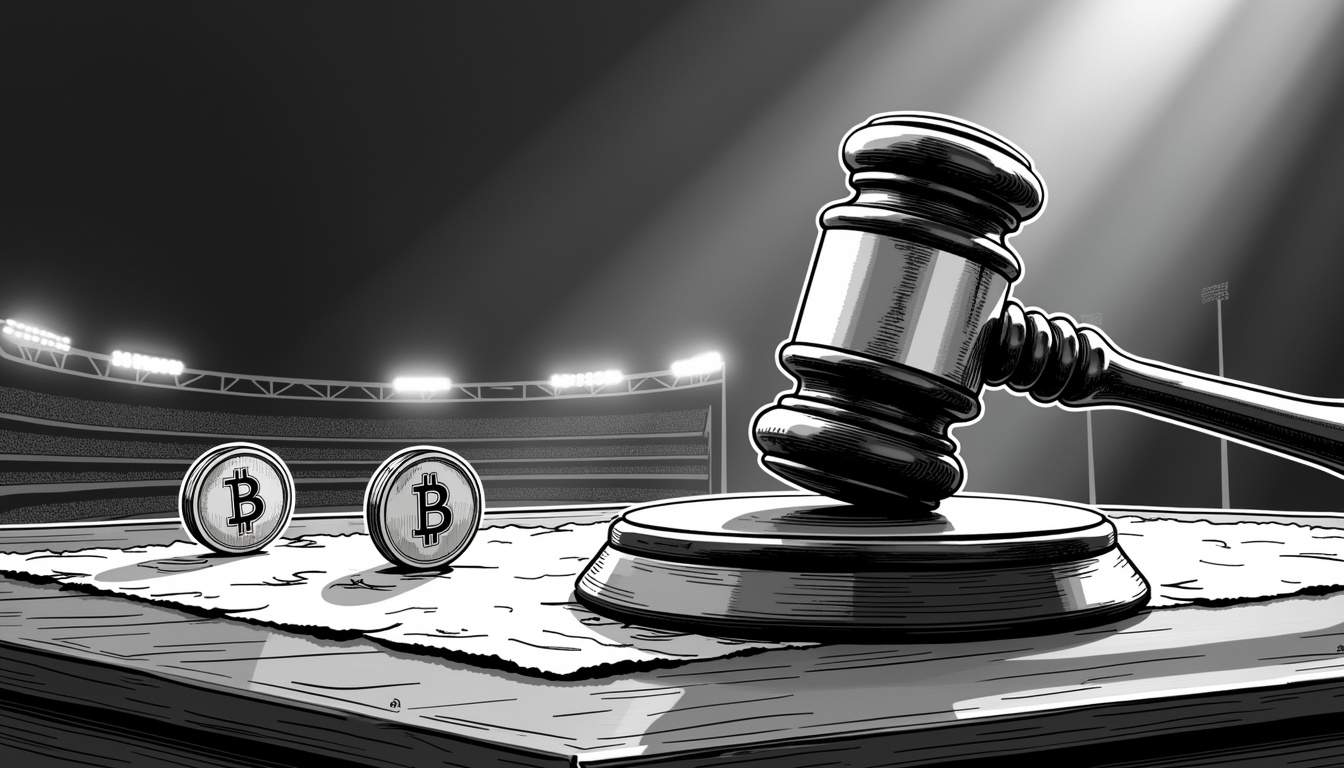I just came across this article about the recent California court ruling against Lido DAO, and man, it got me thinking. The court basically said that Lido DAO is a general partnership under California law, which means all those token holders could be personally liable for whatever the DAO does. That’s a big deal! And it might just spell trouble for our beloved decentralized betting platforms.
What’s the Deal with DAOs?
First off, let’s break down what a DAO is. Decentralized Autonomous Organizations are like the cool kids on the block when it comes to organization structures. They run on blockchain tech and smart contracts, meaning there’s no boss telling you what to do. Everyone gets a say! But this freedom comes with its own set of headaches—especially when it comes to who gets in trouble if things go south.
The article points out that this new ruling could make people think twice about joining these platforms. If you could lose your house over some code error or regulatory misstep, would you jump in? Probably not.
The Ruling’s Fallout
Now let’s talk about the ruling itself. Basically, Andrew Samuels—who lost money on some tokens—sued to get his cash back and claimed those tokens were unregistered securities (which they probably are). The judge agreed and said that since Lido was operating as a partnership, all those involved could be on the hook.
This isn’t just some random case either; it’s setting a precedent. And if you’re into crypto betting exchanges or decentralized sportsbooks, you should pay attention because this could affect how we operate.
Time for Some Changes?
So what can our decentralized sports betting platforms do? The article suggests a few strategies:
-
Form an LLC: Limited Liability Companies are great because they can protect individual members from personal liability while still allowing for that sweet decentralized governance.
-
Tighten Up Governance: Having clear roles and responsibilities might help reduce chaos—and liability.
-
Get Compliant: This one’s crucial! If there’s anything we’ve learned from crypto history, it’s that ignoring regulators is a fast track to getting shut down.
Final Thoughts
Honestly, I’m torn here. On one hand, I love the idea of completely open and free platforms where everyone has a stake and a voice. But if that model leaves us all exposed like this ruling suggests? Maybe it’s time to rethink things a bit.
As someone who’s been around the block in crypto betting circles, I’m curious how others feel about this development. Are we witnessing the birth of more cautious DAOs? Or will we just keep barreling ahead into uncharted territory?








